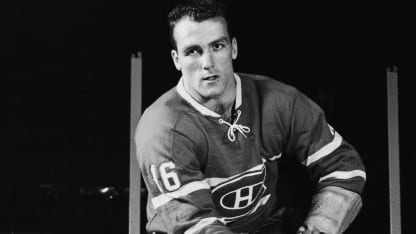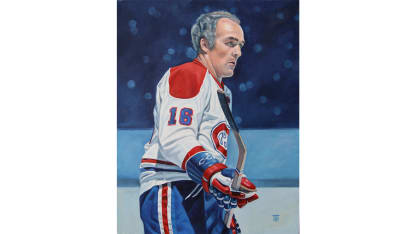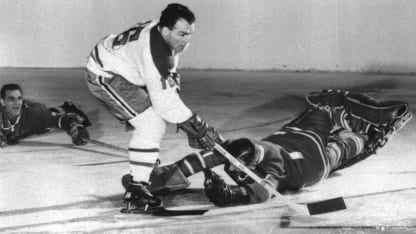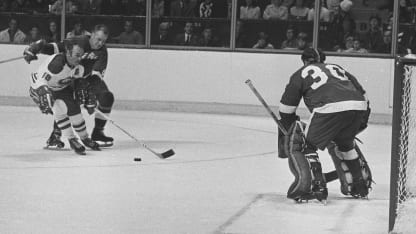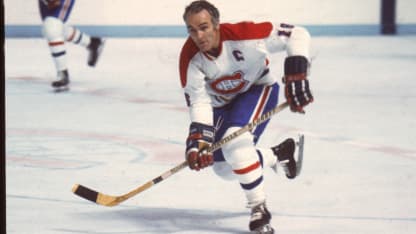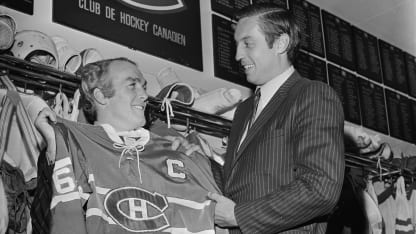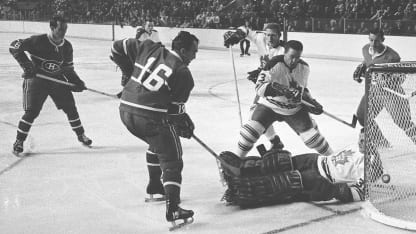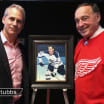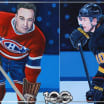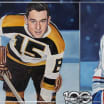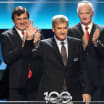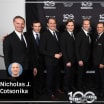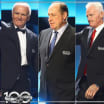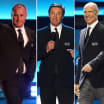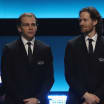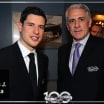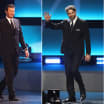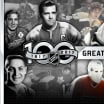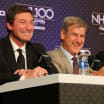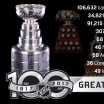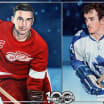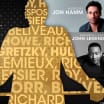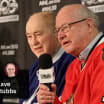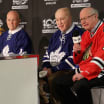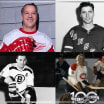And like all good magicians, he was very good at keeping secrets.
"All I ever had in my mind [as a youngster] was playing with the Montreal Canadiens and thinking about playing with my brother Maurice," Henri Richard said. "I wanted to play hockey because Maurice was playing hockey. But I never said it to anybody. When I was in school, they used to ask me what I wanted to do when I grew up. I never said, 'A hockey player.' I always said, 'A plumber' or something like that."
Plumbing's loss was hockey's gain, and you can ask anyone who had a chance to see Henri Richard play over his 20 years with the Montreal Canadiens. Fourteen years younger and three inches shorter than Maurice, aka "Rocket," the 5-foot-7-inch, 160-pound Henri acquired his own nickname, "Pocket Rocket," and his own acclaim, being the only player in history to be on 11 Stanley Cup-winning teams.
HENRI RICHARD CAREER TOTALS | View Full Stats
Games: 1,256 | Goals: 358 | Assists: 688 | Points: 1,046
If he wasn't the legendary, steely-eyed goal machine that "Rocket" was - and really, who was? - "Pocket Rocket" was nonetheless a stickhandling and playmaking virtuoso, and as relentless a forechecker as anybody in the league.
"I have been blessed with a lot of great stars over the years," former Montreal general manager Frank Selke once said. "But game in, and game out, Henri Richard may have been the most valuable player I ever had."
Even Toe Blake, the legendary Canadiens coach, acknowledged that while Maurice may have been the greatest big-moment goal-scorer he had ever seen, Henri was the better all-around player.
